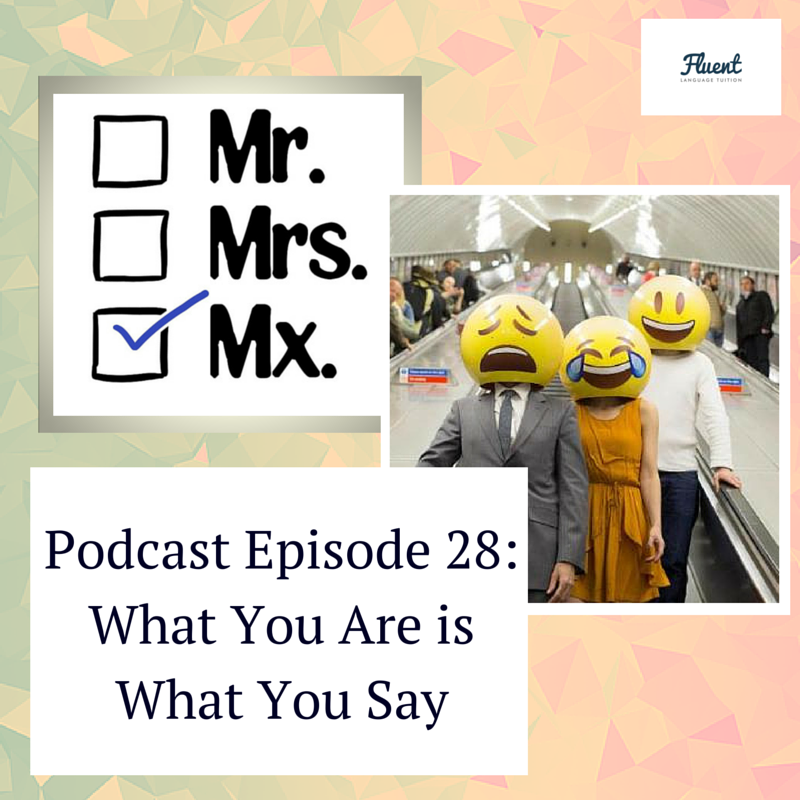Combine Decorating and Labelling
Labelling is a vocabulary review method that I discussed in detail in The Vocab Cookbook, and for language learners it should become the next step you take in your decorating. Label the new items and look out for the words associated with the new items.
For example, if there is a Christmas card from a friend wishing you Frohe Weihnachten und ein gutes neues Jahr!, where is a good place to display it in your home? Label it Weihnachtskarte, and if you are using an electronic flashcard app this is the time to add a picture to the card.
For those of you who choose not to decorate your home, here are a few other ways to engage with the season and still learn a language:
Christmas Markets
If you think that running around the Christmas market in a panic halfway through Christmas Eve is a common German image, you'll be surprised. The markets traditionally run from late November to the week before Christmas. They do sell many gift items, but are also used as a chance for families, colleagues and friends to get together over a mug of hot mulled wine.
Next time you're at an authentic German market, dare yourself to try a mug of Feuerzangenbowle which combines mulled wine with rum-soaked flambé sugar loaf. It's special! For those who don't enjoy alcohol as part of keeping warm at the Weihnachtsmarkt, there will always be some Kinderpunsch available.
If there is no market happening near you, don't feel left out though. Ask your language exchange partner or tutor to send you a video from their own market visit, showing you some items and telling you what they are in German.
German Christmas Characters
In Germany, you might get blank looks if you think that gifts are really delivered by an old man in a red coat who flies around on a reindeer sleigh and comes in through the chimney. Really. Who believes that? Obviously gifts are brought by a small angelic child! The German Christkind is a unique character, sometimes considered to be Baby Jesus himself, sometimes an angel. They come and place everyone's gifts under the tree on Heiligabend (Christmas Eve). In my house, we all used to get together for a meal and wait until the Christkind rings a bell. That's when you knew it was time for the good bit: Bescherung, where everyone got to open their gifts.
Many families sing songs like Alle Jahre wieder and Oh du fröhliche. They make the perfect basis for a merry study session. This year, I've already had a wonderful experience enriching my Welsh studies with recitals of Tawel Nos (Silent Night). The words are simple, the tunes are catchy, and you're guaranteed to pick up a few new words.
Does it Snow At Christmas in Germany?
Germany doesn't usually benefit from full snow cover to make things look romantic at Christmas. The North of the country is flat and close to the North Sea. The further South you go, the better your chances for a white Christmas. The Alps are prime territory for picture-book scenes, but Eastern Germany and Berlin usually keep up with the winter scenes too. Wrap up warm as temperatures often drop below zero and keep active by rodeln (sledging), Schlittschuh laufen (ice-skating) or Ski fahren (skiing). Germans love winter sports and always have a frontrunner in the key events of the season such as Skispringen (ski jumping) and slalom. If you are looking for festive TV shows to watch, the sports coverage of these events has excellent potential to combine repetition and easy language with an authentic winter atmosphere.
Ready to Start Decorating?
Are you building these tips into your study routine? Comment below to let me know your favourite Christmas study tricks!
If you want to be kept up to date with the blog, the podcast, and our language learning events, then don't please to join the free Fluent Newsletter.








